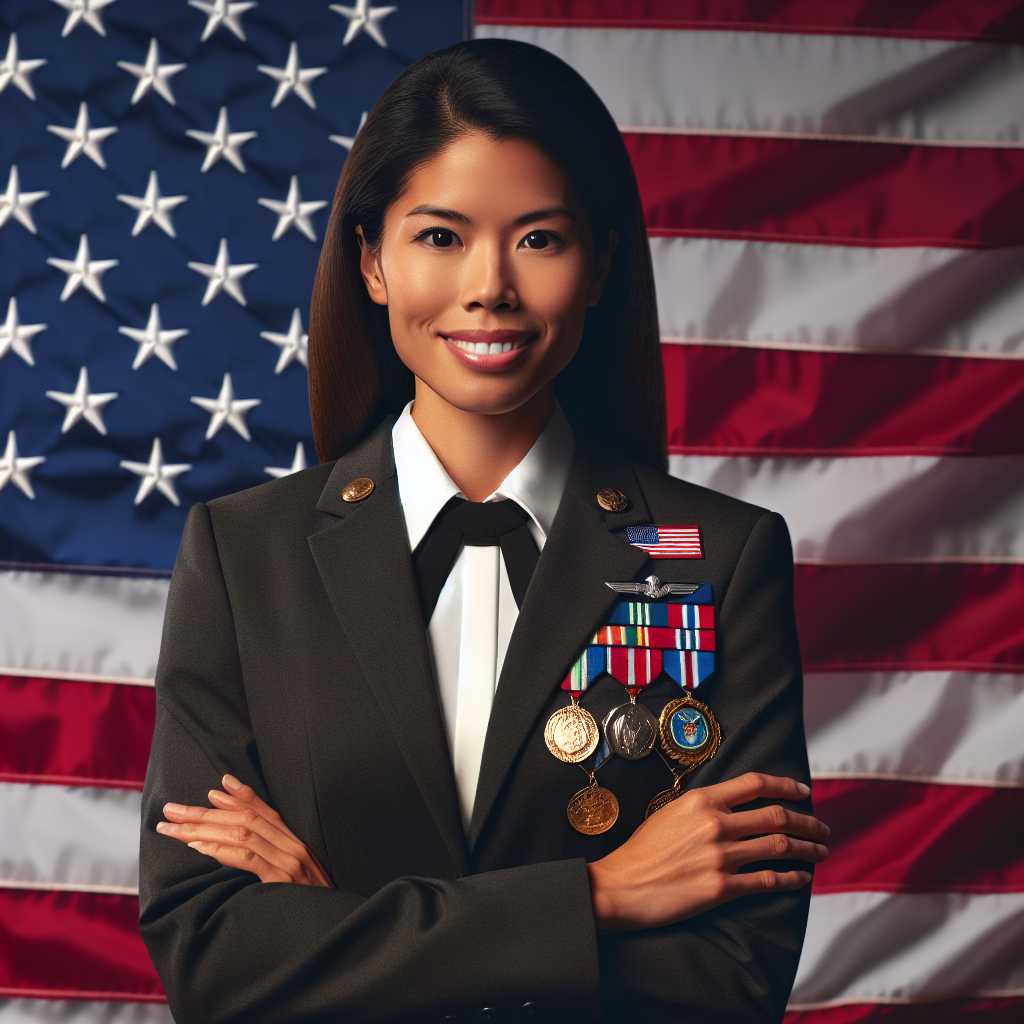Tulsi Gabbard: A Profile of the American Politician and Army Reserve Officer
Tulsi Gabbard has been a significant figure in American politics over the past decade, renowned for her roles as both a politician and a military veteran. As a former United States House of Representatives member and a current officer in the United States Army Reserve, Gabbard’s career presents a complex blend of public service. This article seeks to explore her biography, political positions, military service, and the impact she has had on American political discourse.
Early Life and Education
Tulsi Gabbard was born on April 12, 1981, in Leloaloa, American Samoa. She is one of five children born to Carol and Mike Gabbard. Her family moved to Hawaii when she was two years old. Gabbard was homeschooled through high school except for two years at a girls-only missionary academy in the Philippines. She later attended Hawai’i Pacific University and graduated with a Bachelor of Science degree in Business Administration in 2009.
Political Career Beginnings
Gabbard’s political career began early when she was elected to the Hawaii House of Representatives in 2002 at age 21, becoming the youngest woman to be elected to a state legislature in U.S. history at that time. During her tenure, she focused on environmental policy and advocated for veterans and renewable energy initiatives.
In 2011, after serving in various capacities at the local level and a deployment to the Middle East with the Hawaii Army National Guard, Gabbard was elected to serve on the Honolulu City Council. However, her escalating political trajectory took a significant turn when she decided to run for Hawaii’s 2nd Congressional District.
The U.S. House of Representatives and National Attention
In 2012, Gabbard was elected to the U.S. House of Representatives, serving Hawaii’s 2nd Congressional District. She served on the Armed Services and Foreign Affairs Committees and made veterans’ issues, environmental advocacy, and non-interventionist foreign policy the central tenets of her agenda while in Congress.
Gabbard gained national prominence with her unorthodox positions within the Democratic Party, often crossing party lines on issues like foreign policy and military intervention — notably criticizing the Obama administration’s approach towards Syria and terrorism. Her stance on these issues garnered both support and controversy from different political spectrums.
Military Service
Aside from her political career, Gabbard is also known for her service in the military. She enlisted in the Hawaii Army National Guard in 2003 and voluntarily deployed to Iraq as part of a medical unit during the Iraq War. Her second deployment was to Kuwait from 2008 to 2009.
Gabbard continued to serve as a Military Police officer in the Army Reserve after being commissioned as an officer. Her active engagement in military affairs alongside her political campaign provides an unusual overlap of defense and legislative experience.
2020 Presidential Campaign
In January 2019, Gabbard announced her candidacy for President of the United States in the 2020 election. Throughout her campaign, she emphasized an anti-war platform, advocating for an end to regime-change wars and promoting a foreign policy focused on diplomacy and cooperation.
Despite gaining an active grassroots following, Gabbard’s presidential bid faced notable challenges, including limited media coverage and public perceptions shaped by mainstream political narratives. Gabbard did not prevail in securing widespread support within the Democratic primaries and announced the suspension of her campaign on March 19, 2020.
Controversies and Political Stances
Throughout her career, Tulsi Gabbard’s stances have sometimes isolated her from mainstream Democratic views and created controversy. Of particular note was her meeting with Syrian President Bashar al-Assad during a secret fact-finding mission to Syria, which sparked criticism for appearing to show tolerance toward his regime amid accusations of war crimes.
However, Gabbard also stood out among Democrats for her willingness to engage in bipartisan efforts and her criticism of heavy-handed regime-change strategies that have traditionally garnered broad political support.
Post-Congressional Career
Following her exit from Congress in January of 2021, Gabbard has remained active in public discourse primarily through media appearances and commentary focusing on civil liberties, military policies, and critiques of party leadership within both Democratic and Republican parties.
